outside vermicomposting - newbie advice needed
vjeko
12 years ago
Featured Answer
Sort by:Oldest
Comments (6)
equinoxequinox
12 years agolast modified: 9 years agorobertz6
12 years agolast modified: 9 years agoRelated Professionals
Paradise Landscape Architects & Landscape Designers · Peabody Landscape Contractors · Surprise Landscape Contractors · Beverly Hills Landscape Contractors · Dickinson Landscape Contractors · Firestone Landscape Contractors · Fuquay-Varina Landscape Contractors · Santa Maria Landscape Contractors · Chicago Ridge Landscape Contractors · Boardman General Contractors · La Grange Park General Contractors · Norman General Contractors · Waianae General Contractors · West Mifflin General Contractors · Winfield General Contractorsmorgan_3
12 years agolast modified: 9 years agovjeko
12 years agolast modified: 9 years agomorgan_3
12 years agolast modified: 9 years ago
Related Stories
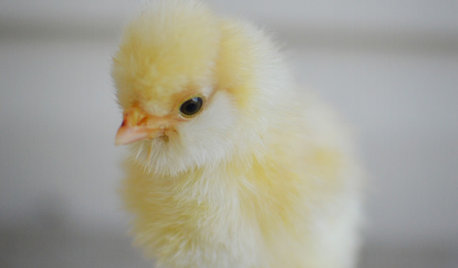
PETSWhat You Need to Know Before Buying Chicks
Ordering chicks for your backyard coop? Easy. But caring for them requires planning and foresight. Here's what to do
Full Story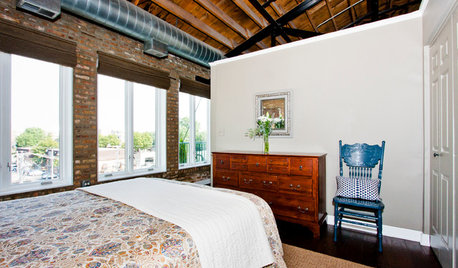
SMALL HOMESHouzz Tour: An Illinois Loft Sparks Renovation Fever
Home improvement newbies (and newlyweds) find joy and a new income source while redoing their space themselves
Full Story
DECORATING GUIDESRoom of the Day: A Spacious Porch Brings Family Life Outside
This Georgia back porch, decorated in neutrals and a mix of textures, serves as living, dining and family room almost year-round
Full Story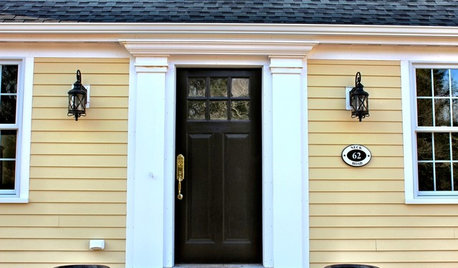
LIFE7 Things to Do Before You Move Into a New House
Get life in a new house off to a great start with fresh paint and switch plates, new locks, a deep cleaning — and something on those windows
Full Story
FURNITURESmart Shopper: How to Judge Antique Furniture Quality
Pick the treasures from the trash without expert experience by learning how to evaluate antiques and what questions to ask
Full Story
GARDENING GUIDESGarden Myths to Debunk as You Dig This Fall and Rest Over Winter
Termites hate wood mulch, don’t amend soil for trees, avoid gravel in planters — and more nuggets of garden wisdom
Full Story
LIFEThe Top 5 Ways to Save Water at Home
Get on the fast track to preserving a valuable resource and saving money too with these smart, effective strategies
Full Story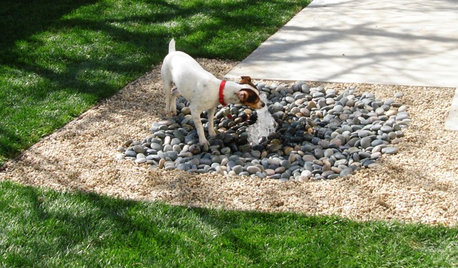
MOST POPULAR8 Backyard Ideas to Delight Your Dog
Cue the joyous soundtrack. These pet-friendly landscape and garden ideas will keep your pooch safe, happy and well exercised outdoors
Full Story
FURNITUREDecorating 101: How to Shop for Furniture
Learn what furniture to get rid of, what to look for when buying, and how to avoid mistakes
Full StoryMore Discussions






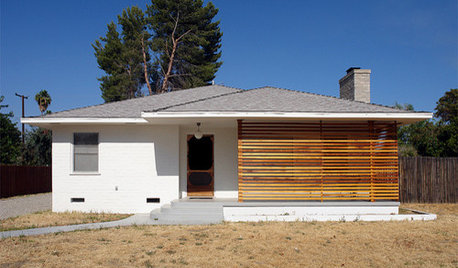
Worms4Tracy